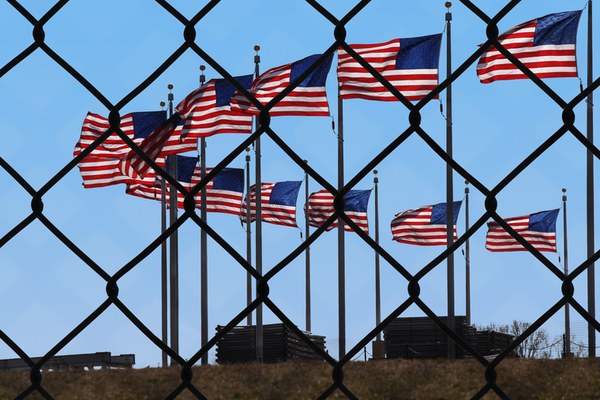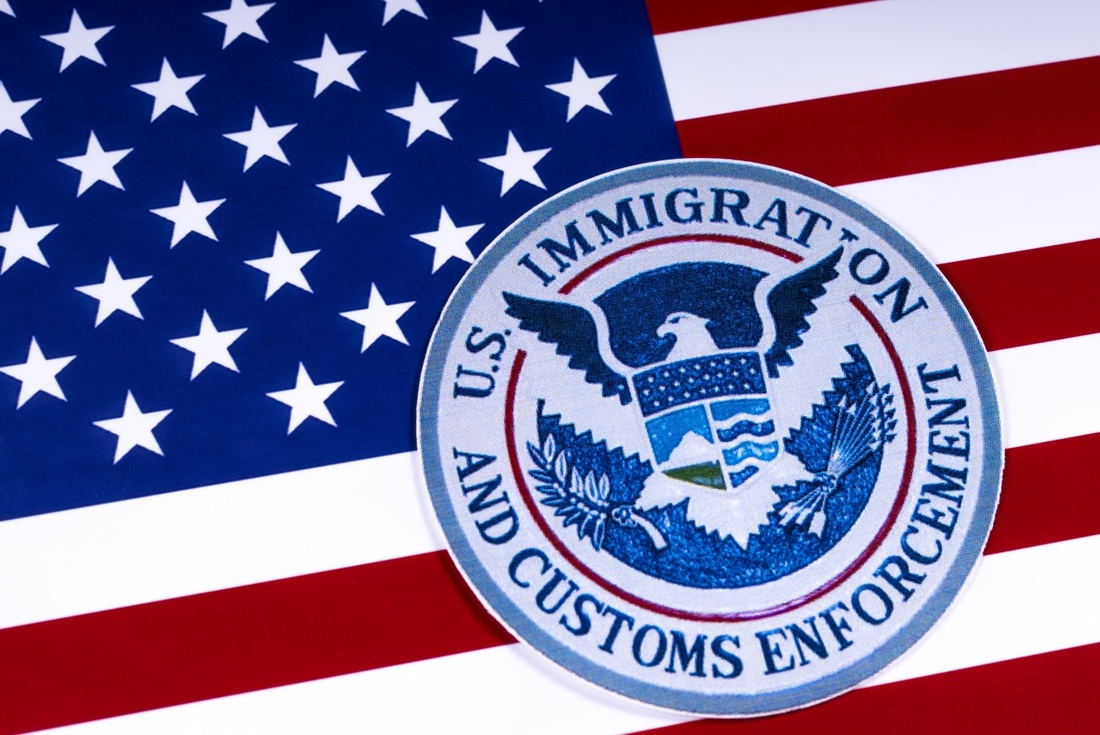
With this shift in government, it's anticipated that sweeping policy changes and reviews will be coming. The functions of a president within the first few weeks and days of this new government are viewed as a sign of their priorities along with the intentions of the new government. The Biden government is just the same. President Biden has voiced his intention to follow a plethora of regulatory and policy changes within the first 100 days of this government.
In among the first actions of the new government, President Biden declared he will be sending the U.S. Citizenship Act of 2021 into Congress as a part of his strategy to reform the U.S. immigration program. The objective of the legislation is to"modernize[] our immigration system," prioritize family unity, "increase [] our market," and"ensur[e] the USA remains a sanctuary for people fleeing persecution." The bill proposes modifications to reimagine varied regions of legislation from employment- and - family-based legislation to asylum, refugee, along with other humanitarian protections, in addition to border security.
Resetting the Tone of the Immigration System
The legislation suggests integral and significant changes to immigration legislation beginning in the maximum degree.
Over the previous four decades, the Trump administration created numerous executive orders and regulations directed at restricting immigration, a few of which were seen as discriminatory. Most importantly, among President Donald Trump's oldest executive orders, frequently known as the"Muslim prohibit," was promptly rescinded through a different presidential proclamation. Going ahead, through, and by a condition of this U.S. Citizenship Act of 2021 named the NO BAN Act, the Biden government tries to"prohibit[] discrimination based on faith and restrict [] presidential ability to issue potential bans."
Further, the proposed bill attempts to keep to reset the tone of the immigration system in the USA through fluctuations in the present terminology of immigration regulations and regulations. A long focal stage of sectarian contention has been the use of the word"alien" in connection with overseas nationals and noncitizens through the Immigration and Nationality Act and its own body of regulations. The U.S. Citizenship Act of 2021 suggests changing the word"alien" into"noncitizen" in most national immigration laws.
Overhauling the Immigration System and Pathways to Citizenship
The U.S. Citizenship Act of 2021 attempts to reform big regions of the U.S. management system, such as creating new pathways to citizenship for undocumented individuals and people with temporary status, in addition to raising the efficacy of different employment-based immigrant procedures.

Pathways to citizenship for undocumented people, Dreamers, TPS receivers
The proposed bill contains an equal pathway to citizenship for all living in the USA without legal standing and that was present in the USA on January 1, 2021. This eight-year pathway has 2 stages. The first stage would grant temporary legal status, together with the choice to apply for permanent residency after five decades. The next stage would enable"green card holders that pass further background checks and show knowledge of English and U.S. civics [to] use to become taxpayers."
Under the laws, three teams that have been at the forefront of immigration law in recent decades, Dreamers, temporary protected status (TPS) recipients, along with agricultural employees, could gain from fast qualifying for permanent residency. Most Dreamers, or people who arrived from the United States as children, have profited in the Deferred Action for Childhood Arrivals (DACA) program commissioned by President Barack Obama in 2012. The program offers temporary relief for Dreamers by supplying a two-year work license after fulfilling specific requirements. In the same way, TPS supplies nationals from several countries affected by armed conflict or natural catastrophe temporary status and work authorization. These apps have been at the forefront of legislative and immigration acts in the last few decades. The next group, agricultural employees, has been in the frontlines of their COVID-19 pandemic as essential workers.
Updating the family-based and humanitarian systems
The proposed bill seeks to"reform[] that the family-based authorities system by clearing backlogs, recapturing unused visas, eliminating extended delay times, and raising per-country visa caps" In accord with the subject to reestablish the machine, the laws would"remove [] the so-called'3 and 10-year pubs,' along with other provisions which keep families apart," and encourage families" by more specifically containing permanent partnerships and removing discrimination facing LGBTQ+ households " Due to the per-country visa limits, historically there were long backlogs in green card accessibility. The proposed bill seeks to decrease these wait times and"let immigrants with accepted family-sponsorship petitions to combine family in the USA temporarily while they await green cards to become accessible."
Concerning asylum, the proposed bill would"remove the only real deadline for filing asylum claims and supply funds to decrease asylum application backlogs." Additionally, the legislation will"increase protections for U visa, T visa, and VAWA applicants," and increase the cap U visas, booked for victims of crimes, from 10,000 to 30,000 each year.
Restructuring employment-based immigration
The legislation could create an agenda to"stimulate regional economic growth, provide [] the [U.S. Department of Homeland Security] the ability to correct green cards according to macroeconomic conditions, also incentivize[] higher salaries for non-immigrant, high-skilled visas to stop unfair competition with American employees."
The proposed bill would offer added benefits and protections to dependents of foreign national employees. It would raise the chances for dependents of H-1B visa holders to receive work authorization. It is a growth of the present H-4 Employment Authorization Document (EAD) guidelines, which don't permit dependent children to receive work authorization.
The U.S. Citizenship Act of 2021 comprises added protections for the household unit, which might prevent kids from"aging out" of their machine. The Child Status Protection Act now provides some exceptions to allow children who turn 21 years old to continue to be eligible for immigration problems. The proposed bill would enlarge upon those protections.
Looking Forward
Though President Biden's immigration proposal had been introduced to Congress about the first day of his presidency, it probably will face a long road ahead. The proposed bill was met with some ancient criticism however, the president and his allies expect to locate common ground and move the legislation forward. Included in the frequent ground, the laws would try to boost border security by devoting additional funds" to deploy technologies to expedite screening and improve the capability to recognize narcotics and other contraband at each land, air, and the seaport of entry."
